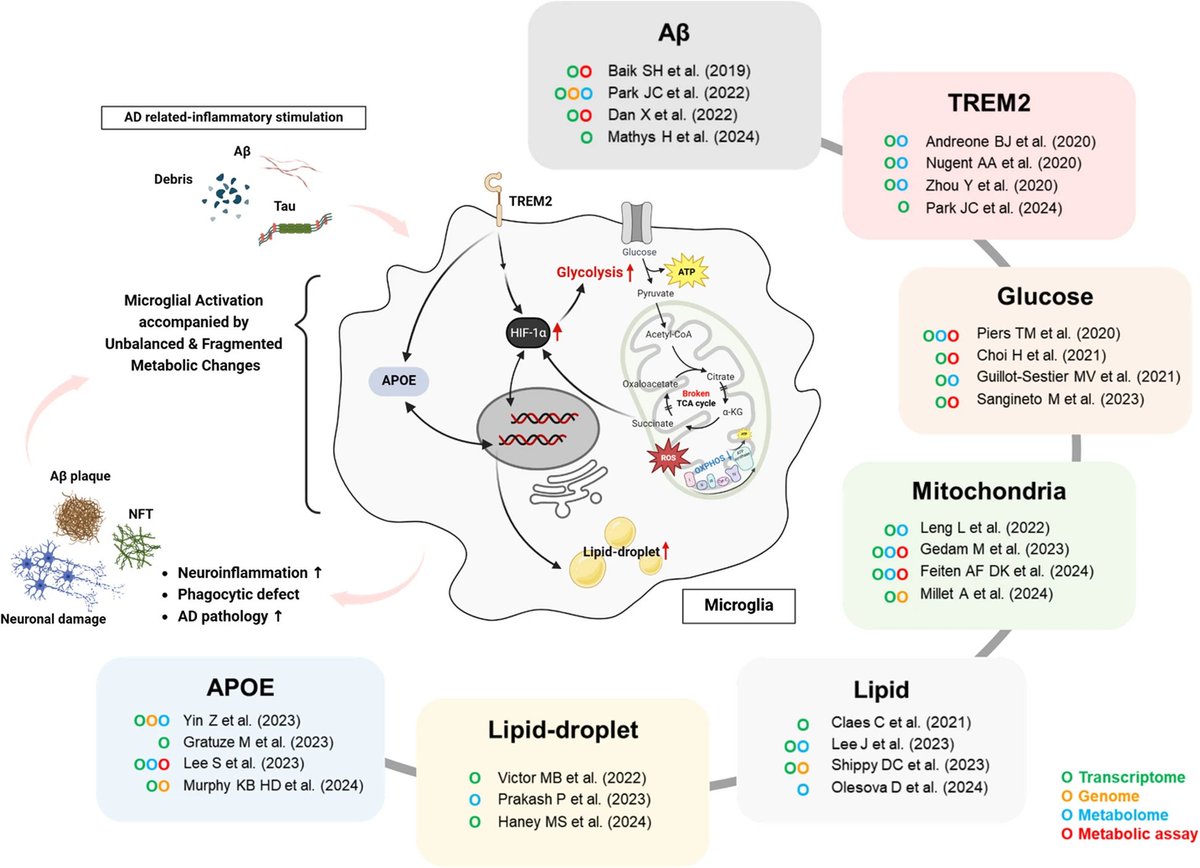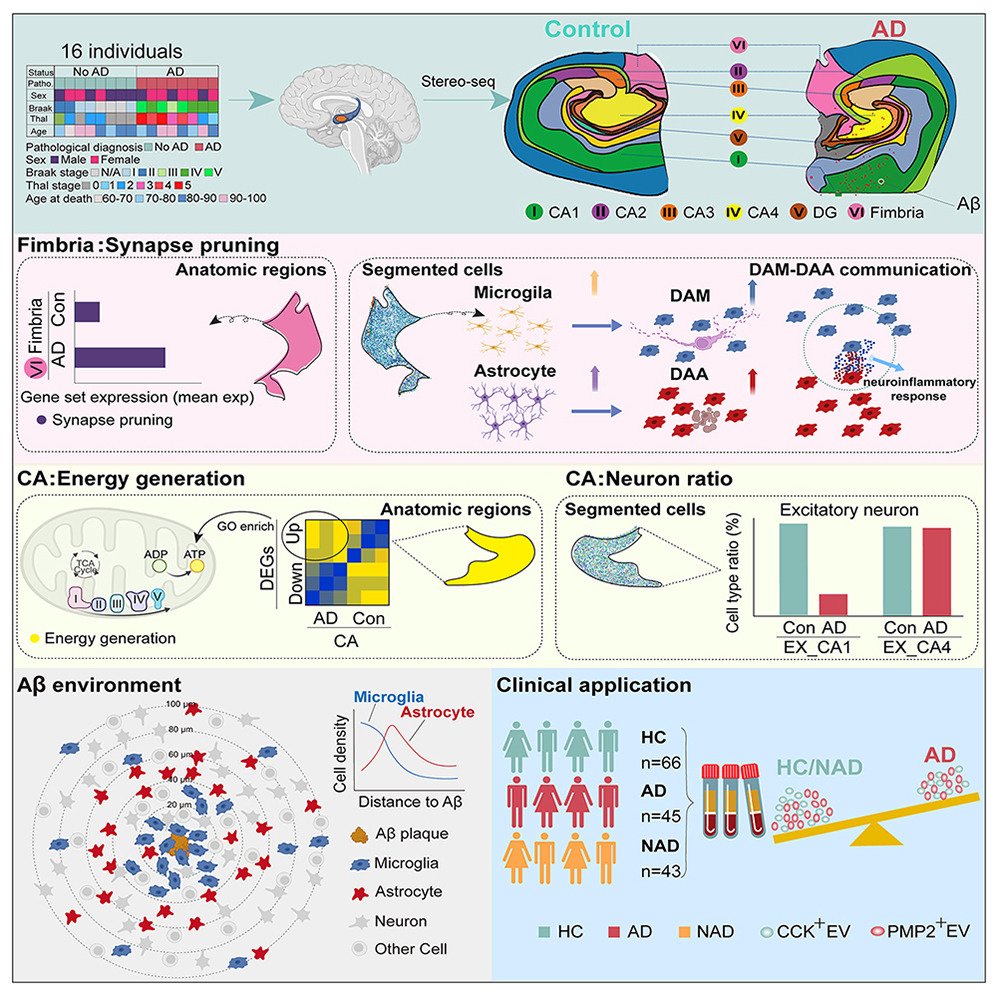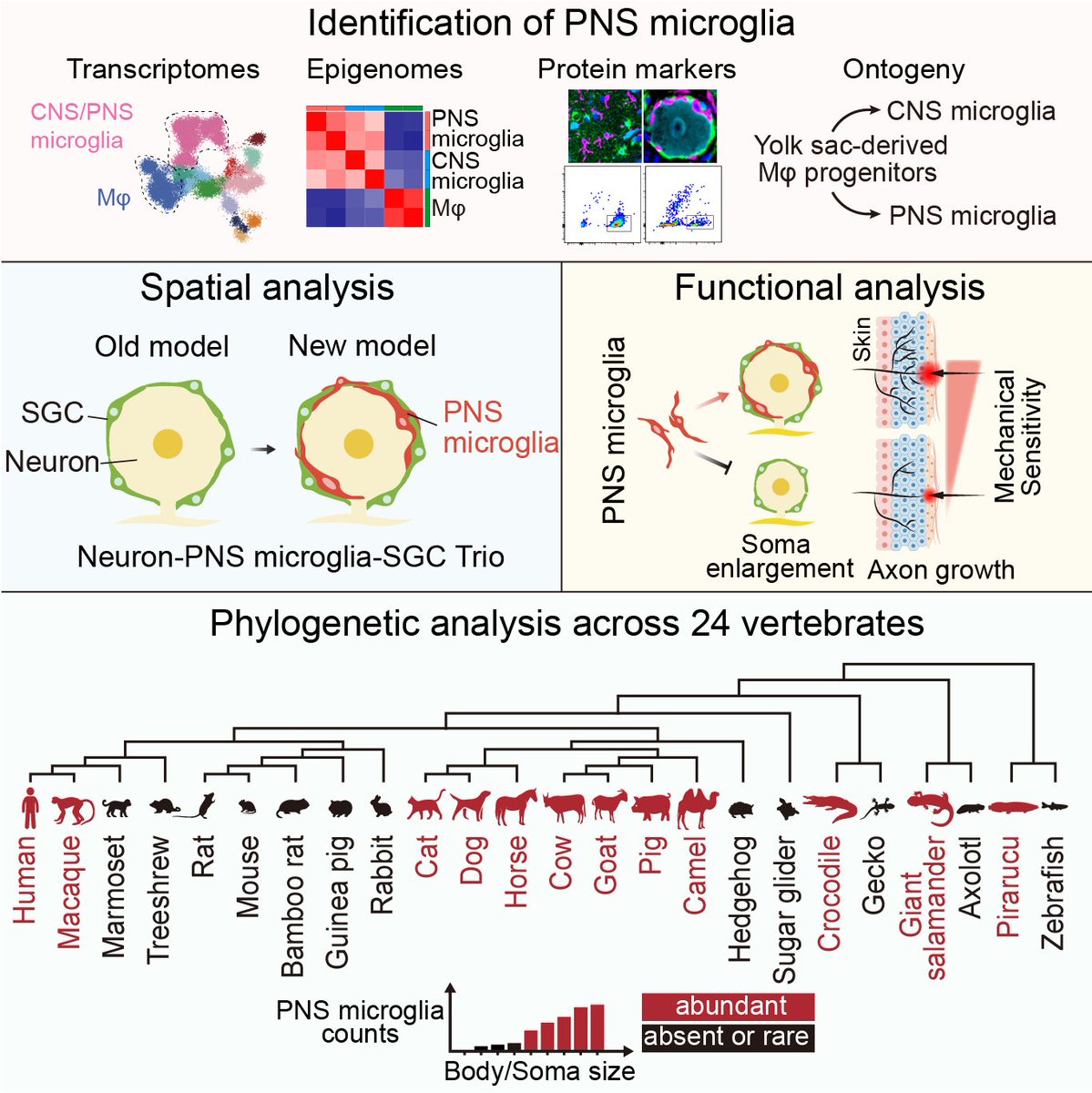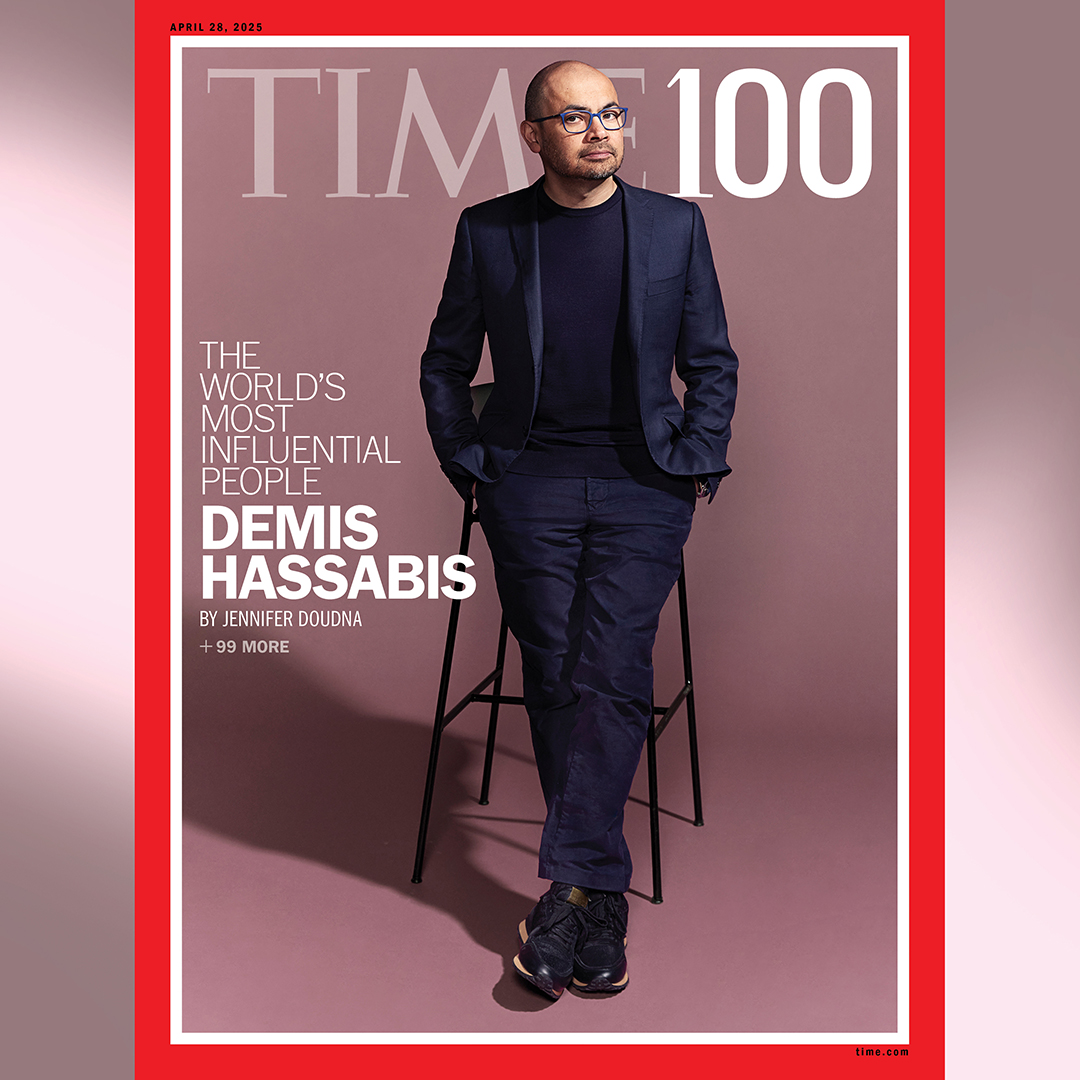
Prita Riana Asih ❤️🧠
@pr1ta_as1h
Traveller seeks The Truth | The McCusker Research Fellow in Dementia Neuroscience @Macquarie_Uni @CoMBAT_AD. PhD @UNSW
ID: 196060141
https://scholar.google.com/citations?hl=en&user=aQYAQIAAAAAJ&view_op=list_works&gmla=AH70aAW7KNoXd2S 28-09-2010 06:48:31
6,6K Tweet
569 Takipçi
550 Takip Edilen
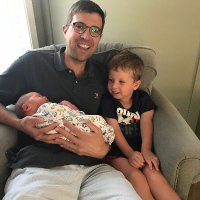
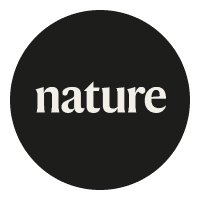

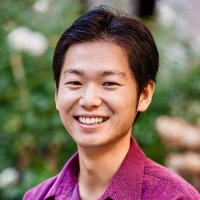
I am excited to present our new study out in Nature Medicine where we discover a novel synaptic protein biomarker to predict if and when someone will get Alzheimer’s disease dementia. Part 2/3 from my PhD work in the Tony Wyss-Coray lab. 🧵1/12 Full study 🔗: nature.com/articles/s4159…

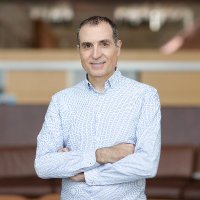
I loved this essay on scientific writing in Nature Biotechnology (rdcu.be/edUCp). It highlights a key lesson I’ve applied throughout my career: the power of reading, thinking, and keeping a notebook with your ideas. Let me explain why this matters… 🧵👇
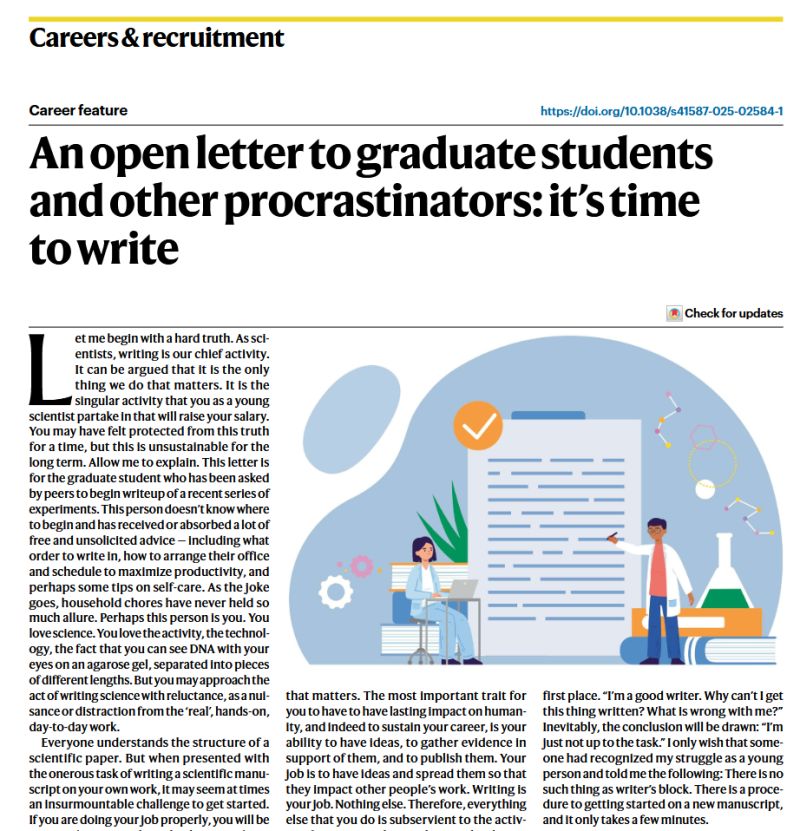

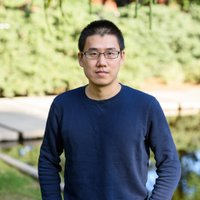






In ApoE4 carriers, checkpoint proteins lock microglia into a torpor. Checkpoint inhibitors release and spur them into action. Can they treat Alzheimer’s? @adpd2025 Brigham and Women's Hospital ow.ly/Z53B50VOavB

Turning off the kinase PERK in mouse astrocytes helped clear amyloid and tau from the brain and improved learning and memory. Columbia University MassGeneral News ow.ly/ZVwJ50W4vSg

Absolutely insane amount of data in this resource from Chris Mason The Spatial Atlas of Human Anatomy (SAHA): A Multimodal Subcellular-Resolution Reference Across Human Organs biorxiv.org/content/10.110… Spatial data on 15million cells from 100 donors across multiple ages, mainly GI


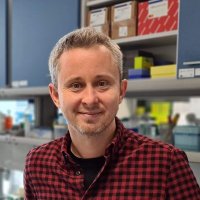

Largest-ever tau-PET studies confirm ties between tangles and cognitive decline. ApoE4 carriers and women get tangles earliest. Michael Schöll Alexis Moscoso Rial Amsterdam UMC ow.ly/k8O750WqRix


